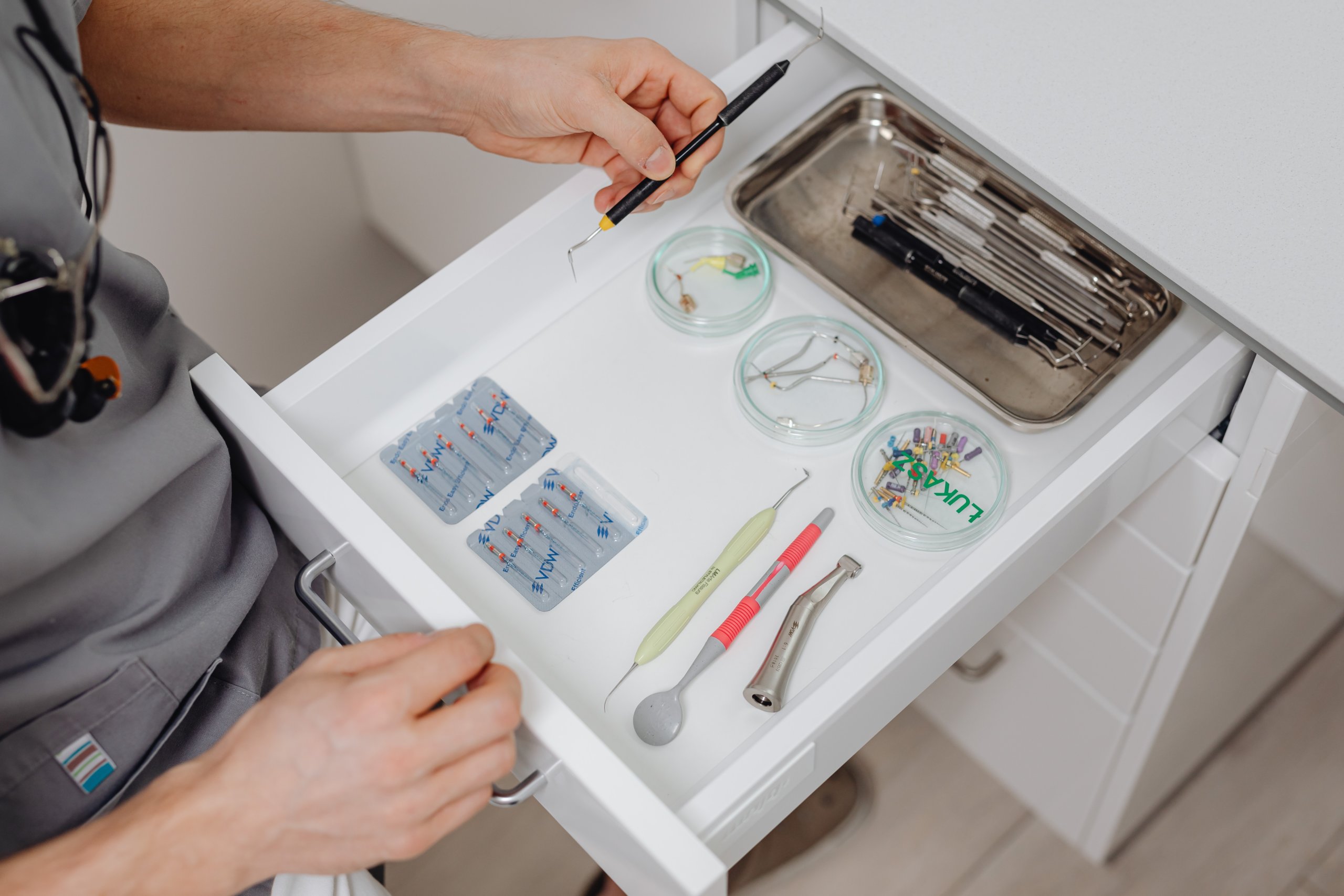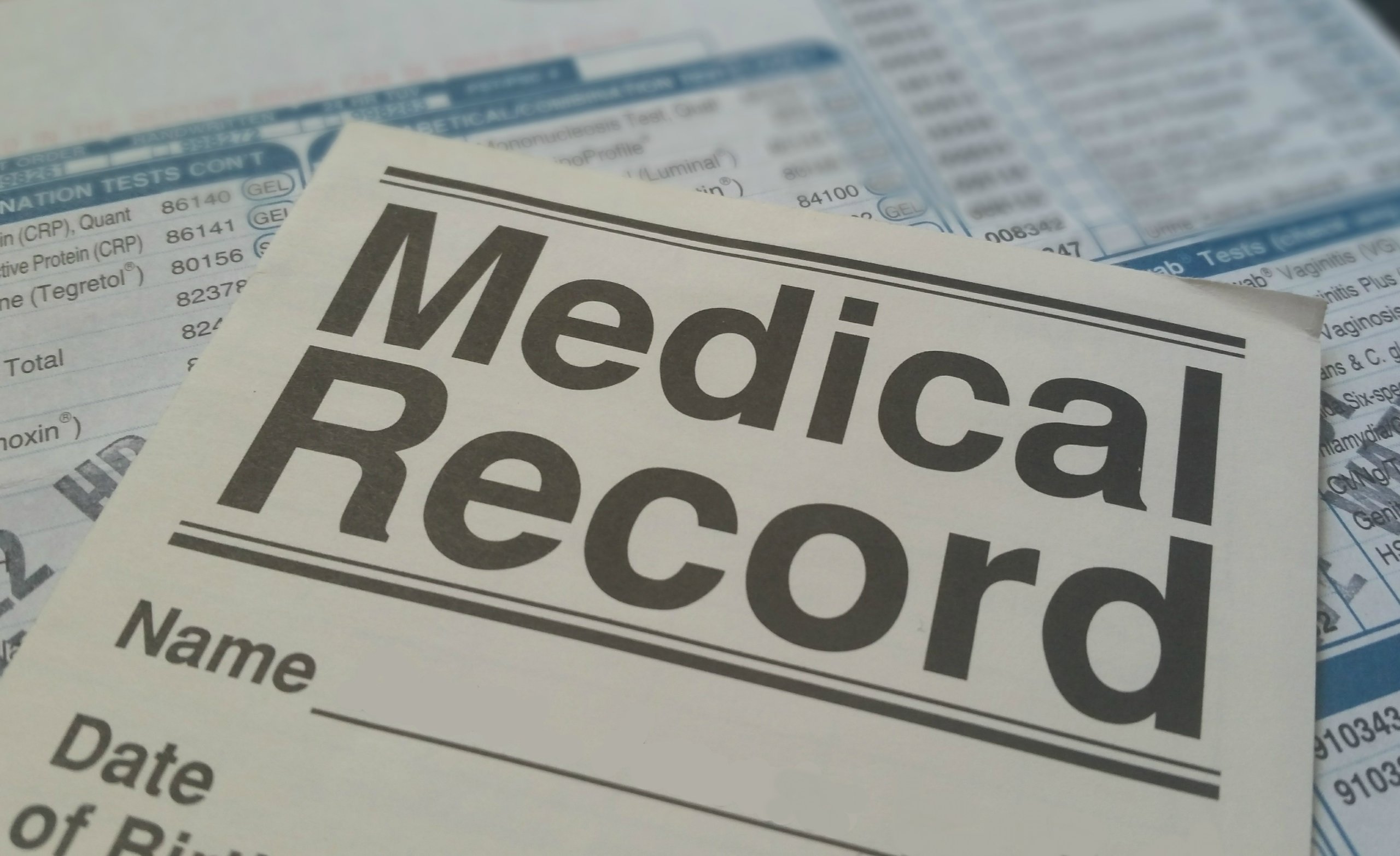
Creating a better healthcare ecosystem for patients, providers, and payers will require numerous technology upgrades over the next decade. Whether it’s AI, on-demand healthcare, or wearables, improvements will reach every type of patient.
Welcome back to our “Healthcare Digital Transformation” series! In our previous post, we covered the impact that AI and predictive analytics are already having on many healthcare organizations. In case you missed it, you can catch up here.
In this fourth and final entry of the series, we’ll discuss how blockchain and 5G are bringing cutting-edge technology to medicine, health records, and the patient experience.
Blockchain Secures Electronic Health Records
To many people, blockchain was a buzz word that quickly faltered out of the news. But the technology itself is a robust way to encrypt and secure information. Electronic health records (EHRs), as a result, are a great fit for blockchain healthcare applications because they need to be secured by federal HIPAA law.
Blockchain enables the data controller to see who accessed records, when they did so, and which records were accessed. Blockchain also tracks changes with a universal record key attached to the changes. If the administrator prefers, the blockchain key can be linked to the person who made the changes so that accountability can be attained. This data can further be combined with patient appointment information to flag employees accessing records that are not pertinent to current patients.
By sharing blockchain databases across a network of computers, the risk of hacking or phishing is highly reduced; if one computer is compromised, the other computers can reconcile the information to the correct state again. Hackers can sell a single medical record online for up to $1,000. But with blockchain, data breaches like these could come to an end.
Growth in Blockchain Healthcare Applications
Healthcare and pharmaceutical companies have already taken notice. They’re investing millions into a healthcare blockchain market that will reach $890.5 million by 2023.
EHRs are infamously difficult to reconcile into one file — they contain credit card information, work history, immunization records, treatments, diagnoses, prescription history, family connections, and more. This information must be added manually by doctors, nurses, and office staff. Many offices utilize multiple health record software, which leads to duplications, delays, misdiagnoses, and even death.

Countries with universal healthcare, like Australia and the UK, have already begun implementing blockchain in managing transactions and medical records across patients, providers, and insurance companies. With the network of computers consolidating and comparing information, any conflicting data is automatically flagged for human eyes to triple-check. With blockchain, Australia and the UK have maintained 100% accurate EHRs that are also incredibly secure.
Across the oceans, in the US, blockchain is much more difficult to implement due to the red tape. But startups, like London-based Medicalchain, are giving patients the power to control their own EHRs through an app. Providers, pharmacists, and insurance companies have to ask for the patient’s permission to access their EHR.
5G Will Bring a More Seamless Healthcare Experience
How can rural patients access their EHR through an app when they often can’t even connect to mobile data? Fortunately, 5G will bring improvements to telehealth that enable patients to seamlessly video chat with their provider, access their EHR, and get in touch with 911.
Qualcomm is the world’s largest mobile chipset supplier; the company introduced 5G-enhanced mobile broadband, which will improve mobile speeds by up to 100 times. This increase in speed will create massive savings for the healthcare industry, upwards of $650 billion by 2025.
No longer will patients have to wait for buffering. Uploading, downloading, and streaming speeds will be able to handle the growing amount of connected devices without taking a hit on the network. Perhaps most importantly, doctors will be able to see wearable data and imaging of bones, organs, and soft tissue in real-time.
Currently, doctors and their office staff experience a huge bottleneck in sending large imaging files to other specialists. It takes hours to upload and send these massive files. But with 5G, this process will take only a few minutes.
5G’s Transformation of Healthcare
Qualcomm says 5G will smoothly pair with technology like mixed reality, AI, and on-demand healthcare, “offering a different level of user experience.”
Some examples include super-reliable connections for providers to perform surgery robotically; augmented reality helping first responders connect with physicians to know exactly what they’re seeing in the patient’s home; better medical training for complex surgeries for students using virtual reality; and 5G-enhanced drones reaching patients in difficult-to-reach areas. A Swedish university is already experimenting with drones to deliver defibrillators for rural patients in cardiac arrest.

For wearables, 5G technology will transform how patients track their habits, how providers check in on their patients, and how insurance companies bill patients. Doctors can even remotely monitor their patient’s progress after a risky surgery. Nurses can grab information like blood oxygen, pulse, breathing rate, and more from a quick scan of the patient’s wearable.
Ready for a Healthier Future?
As with all new technology applications in healthcare, the hope is that experiences improve, costs drop, and lives are saved. In medicine, saving lives and improving experiences can completely transform how a patient views their medical treatment and experience. With AI, 5G, blockchain, data science, predictive analytics, augmented reality, wearables, and many more new technologies, healthcare will vastly change over the next decade, and we can’t wait to see this in action.
We hope you’ve enjoyed this four-part series on healthcare’s digital transformation! Which new technology are you most excited about? Which one do you think has the most potential to disrupt healthcare? Let us know in the comments!
Do you have an idea for a disruptive medical device, but you don’t know where to begin? Dogtown Media is an FDA-compliant developer with extensive experience in bringing health tech innovations to life.
Contact us today for a Free Consultation!





